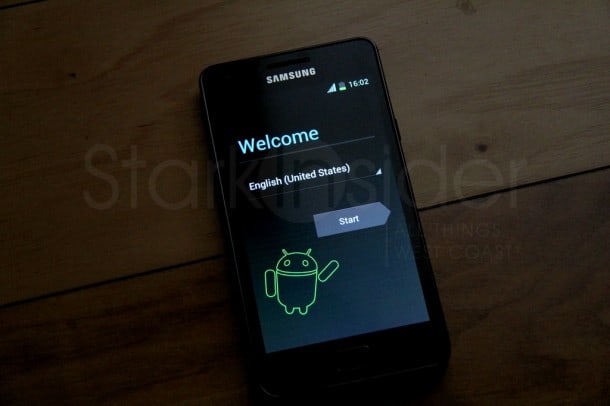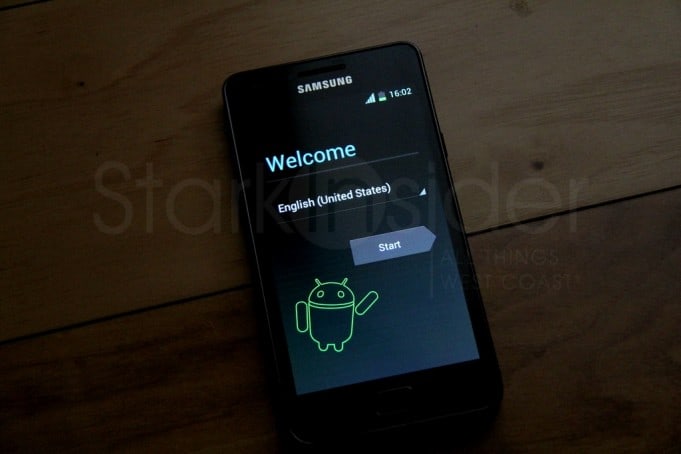
Ice Cream Sandwich powers about 1.6% of all Android devices. That’s abysmal as far as OS launches is concerned. Keep in mind this is nearly five months after the ballyhooed launch. Slow, much? Hurry up and wait!
If you head to your local Verizon or AT&T store you’re going to have a tough time finding a smartphone that runs Google’s latest and greatest. The shotgun approach (Android has 11 major variations in the marketplace), also commonly referred to as “fragmentation,” demonstrates a key difference between Google and Apple. By contrast, the iPhone (and iPad) receives one annual update. Apple makes a huge deal out of the launch. Typically all handsets receive the upgrade on that day or soon after. With Android, however, the process is much stickier because of its open nature. Manufacturers such as Samsung, HTC and Motorola need to test new versions of Android across multiple devices. Will fragmentation eventually stymie Google’s hugely successful mobile OS?
But there’s a bigger question: Do consumers care about Ice Cream Sandwich or any other Android OS for that matter?
I do. I know that. I want ICS now, already. And if I can’t get it — say, for the Galaxy S2 — well, then, there’s a rom for that! When I look in the mirror, however, I see an outlier. We’re the hardcore few. For the mainstream, it doesn’t seem to matter much if their smartphone runs Froyo, Gingerbread or Ice Cream Sandwich. Case in point: 850,000 Androids are activated daily. What’s likely important for most is the ability to surf the web, chat, connect with friends on Facebook, and check email. The (Mr.) Roboto font, which you and I think is pretty slick, is the furthest thing from their minds.
Google will eventually need to find a better way. If consumers are stoked about a new OS, like they are with the iPhone 4S and iOS 5.1 (“Siri, let’s talk”), then it drives demand for the latest device that runs it. We’re trained to upgrade every year. Upgrade or die. With Android, the confusion lies in: (1) the massive number of look-alike devices on the market (leading many to create horrible overlays like Samsung’s Touchwiz which obfuscates Google’s best intentions); (2) the perplexing amount of OS versions, and little understanding of why or what is different about each of them; and (3) a release cycle that is both frenetic and mysterious.
Mainstream USA may not care about Ice Cream Sandwich. But I wonder, does it really matter?


